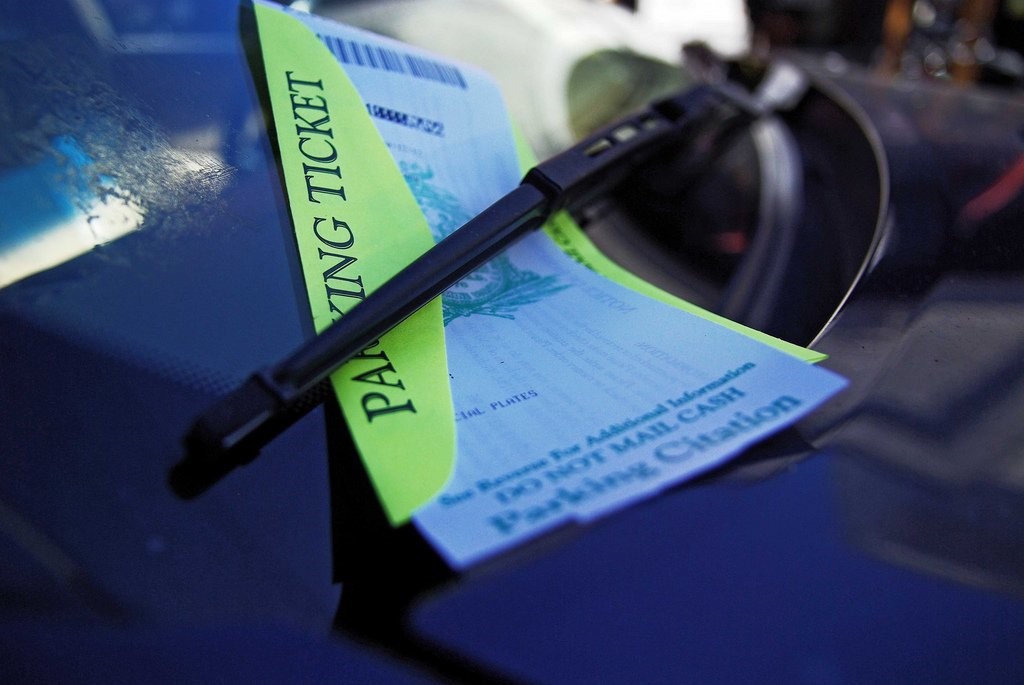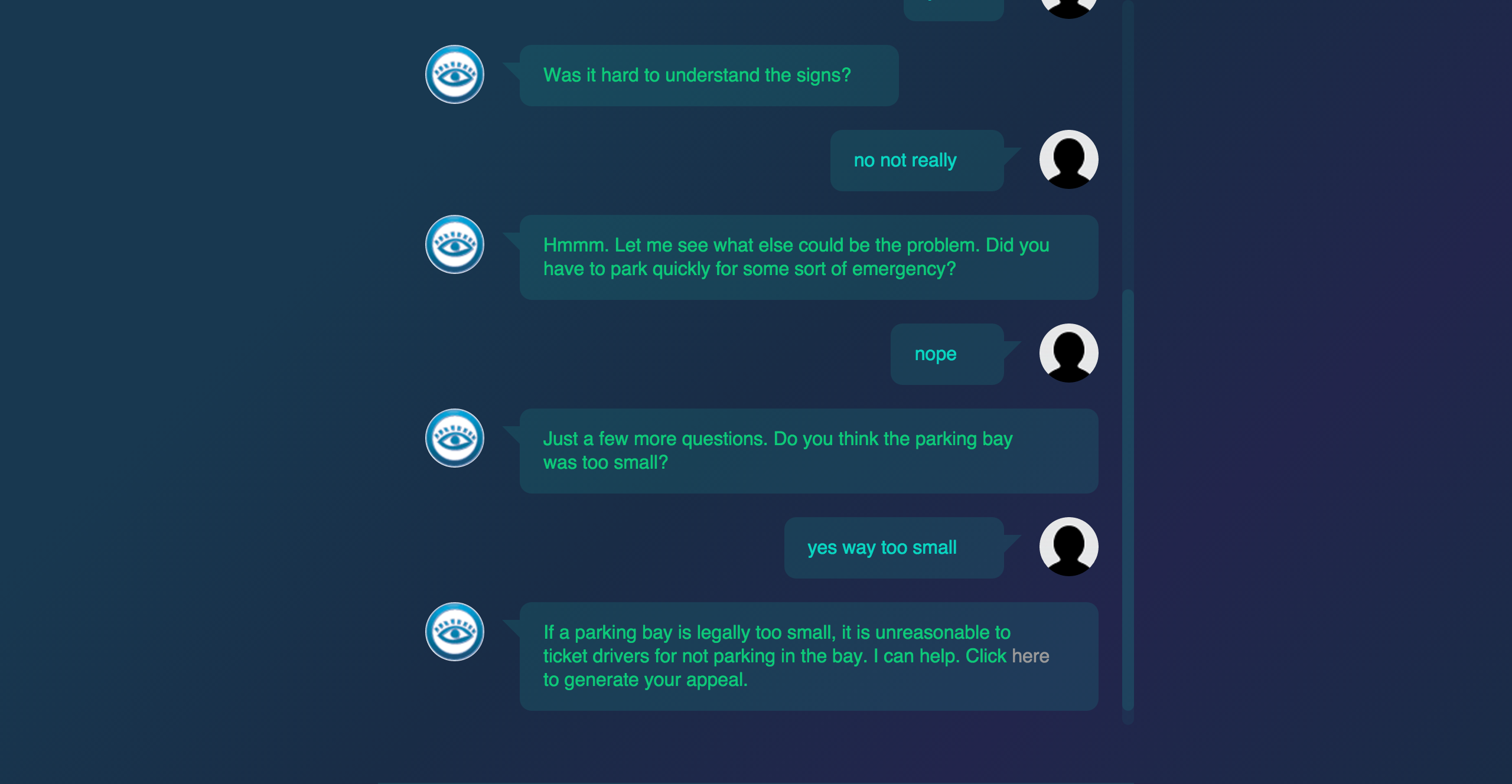
While most people despise unjust parking tickets, few are willing to challenge them—the effort is not always worth the court appearance or the lawyer fees. Realizing that a bit of technology goes a long way in automating bureaucracy, 19-year-old British programmer Joshua Browder created a robot that automates the process and successfully appealed more than $3 million worth of tickets in the UK.
Browder’s system is web-based, free to use, and simple, requiring little more than the few minutes it takes to answer a couple questions about the ticket. The robot asks things like, “were you the one driving?” or “was it difficult to understand the parking signs?” before automatically compiling a court-ready appeal letter.

The system's underlying logic system encompasses multiple scenarios because it was programmed based on publically available laws. What’s more, it uses a machine-learning algorithm to identify keywords, pronouns, and word order to interpret the issue, becoming increasingly “intelligent” the more people use it.
Also, it may be reprogrammed for US laws with ease.
From the customer’s standpoint, the robot is very easy to use and automates many of administrative tasks typically reserved for human lawyers. And it’s not even the first lawyer robot—startup Acadmx’s robot creates authentic legal briefs while Lex Machina uses big data to interpret judge records and “predict” their future verdicts.
Of course, this is no substitute for a real lawyer—robots cannot interpret the law and give subjective answers, nor can they argue in front of the Supreme Court. At least, not for the time being. If anything, machine-learning algorithms will help streamline legal practice by eliminating the kind of mundane tasks that should not be occupying the lawyer’s time in the first place, and which people should be able to do without legal assistance.
As an added benefit, Browder’s algorithm may also be used to automate the filing of payment-protection insurance (PPI) claims against delayed or canceled flights. Therefore, if your flight from NY to LA is canceled, the system asks you few questions and compiles the claim.
The site is currently in beta, with a complete version launching in Spring. Browder points out that robots like his may eventually appeal speeding tickets once driverless cars become commonplace. In the meantime, the next goal is adapt the robot to the Arabic language, to help automate the asylum application process for Syrian refugees.
Source: Business Insider
Advertisement
Learn more about Electronic Products Magazine





